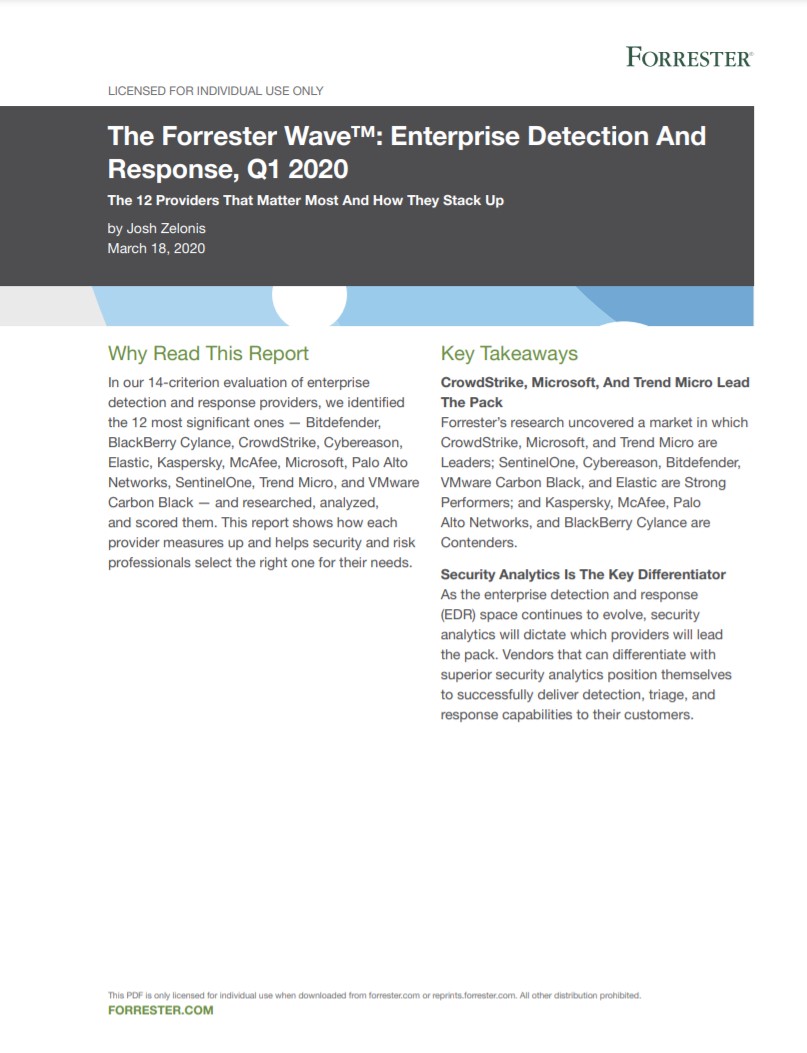Critical supply chain flaw exposes IoT cameras to cyber attack
Hackers can exploit the vulnerability in ThroughTek's P2P SDK to spy on video feeds and steal data


A key supplier for Internet of Things (IoT) devices has sustained a severe vulnerability in its software development kits (SDKs) that has exposed swathes of industrial hardware to cyber attack.
The vulnerability lies in ThroughTek’s P2P SDK, which is used to provide remote access to audio or video streams over the internet. It’s used by multiple camera vendors and is deployed in many CCTV systems, as well as other IoT devices such as baby and pet monitoring cameras.
Hackers can exploit the flaw, which is rated 9.1 out of ten on the CVSS threat severity scale, to access media feeds as well as gain sensitive data. Alongside obtaining data, the vulnerability also lets attackers spoof devices and hijack their certificates.
Researchers with Nozomi Networks discovered the flaw, and reported it to the company in line with its disclosure policy. The severity of the vulnerability has also forced the US Cyber security & Infrastructure Agency (CISA) to issue an alert warning businesses that their systems may be vulnerable.
“Generally, when a buyer looks at the technical details of various security cameras, they are unable to identify the P2P provider or find a proper description of the protocol,” Nozomi said in a blog post. “In our experience, the best and only way to get this information is to look directly at the client/server implementation. Unfortunately, most buyers do not have the skills or inclination to do this.
“Therefore, the best way to prevent captured audio/video content from being viewed by strangers over the internet is to disable P2P functionality. We recommend that users only enable P2P in the rare situations where the vendor can provide a thorough technical explanation of why the algorithms used in their products are secure.”
Nozomi researchers first discovered the flaw when analysing the network traffic for a network video recorder with P2P functionality. They shortly identified the technical nature of the vulnerability and developed a proof-of-concept script to exploit it. The flaw affects versions 3.1.5 and prior of the P2P SDK.
Sign up today and you will receive a free copy of our Future Focus 2025 report - the leading guidance on AI, cybersecurity and other IT challenges as per 700+ senior executives
ThroughTek confirmed it recently discovered that some of its customers had incorrectly implemented its SDK, or have disregarded SDK version updates. The flaw, which ThroughTek describes as being within the P2P library TUTK, has been addressed with version 3.3 and onwards of the SDK, which was released in mid-2020.
RELATED RESOURCE

A guide to enterprise detection and response providers
The 12 providers that matter most and how they stack up
“We strongly suggest that you review the SDK version applied in your product and follow the instructions below to avoid any potential problems,” the company said in a statement.
“On this note, we would like to encourage you to keep a close watch to our future SDK releases in response to new security threats. If you have any further questions, please do not hesitate to contact your TUTK contact window for further assistance.”
There are no reports of active exploitations yet, although the fact CISA has been moved to issue an alert, combined with the 9.3 CVSS threat severity score, suggests exploitation is likely on systems that haven’t been updated.

Keumars Afifi-Sabet is a writer and editor that specialises in public sector, cyber security, and cloud computing. He first joined ITPro as a staff writer in April 2018 and eventually became its Features Editor. Although a regular contributor to other tech sites in the past, these days you will find Keumars on LiveScience, where he runs its Technology section.
-
 How the UK public sector could benefit from strategic channel partnerships
How the UK public sector could benefit from strategic channel partnershipsIndustry Insights Is the channel the answer to the growing cost vs budget problem facing the public sector?
-
 Microsoft wants to replace C and C++ with Rust by 2030
Microsoft wants to replace C and C++ with Rust by 2030News Windows won’t be rewritten in Rust using AI, according to a senior Microsoft engineer, but the company still has bold plans for embracing the popular programming language
-
 Two Fortinet vulnerabilities are being exploited in the wild – patch now
Two Fortinet vulnerabilities are being exploited in the wild – patch nowNews Arctic Wolf and Rapid7 said security teams should act immediately to mitigate the Fortinet vulnerabilities
-
 Everything you need to know about Google and Apple’s emergency zero-day patches
Everything you need to know about Google and Apple’s emergency zero-day patchesNews A serious zero-day bug was spotted in Chrome systems that impacts Apple users too, forcing both companies to issue emergency patches
-
 Security experts claim the CVE Program isn’t up to scratch anymore — inaccurate scores and lengthy delays mean the system needs updated
Security experts claim the CVE Program isn’t up to scratch anymore — inaccurate scores and lengthy delays mean the system needs updatedNews CVE data is vital in combating emerging threats, yet inaccurate ratings and lengthy wait times are placing enterprises at risk
-
 IBM AIX users urged to patch immediately as researchers sound alarm on critical flaws
IBM AIX users urged to patch immediately as researchers sound alarm on critical flawsNews Network administrators should patch the four IBM AIX flaws as soon as possible
-
 Critical Dell Storage Manager flaws could let hackers access sensitive data – patch now
Critical Dell Storage Manager flaws could let hackers access sensitive data – patch nowNews A trio of flaws in Dell Storage Manager has prompted a customer alert
-
 Flaw in Lenovo’s customer service AI chatbot could let hackers run malicious code, breach networks
Flaw in Lenovo’s customer service AI chatbot could let hackers run malicious code, breach networksNews Hackers abusing the Lenovo flaw could inject malicious code with just a single prompt
-
 Industry welcomes the NCSC’s new Vulnerability Research Initiative – but does it go far enough?
Industry welcomes the NCSC’s new Vulnerability Research Initiative – but does it go far enough?News The cybersecurity agency will work with external researchers to uncover potential security holes in hardware and software
-
 Hackers are targeting Ivanti VPN users again – here’s what you need to know
Hackers are targeting Ivanti VPN users again – here’s what you need to knowNews Ivanti has re-patched a security flaw in its Connect Secure VPN appliances that's been exploited by a China-linked espionage group since at least the middle of March.